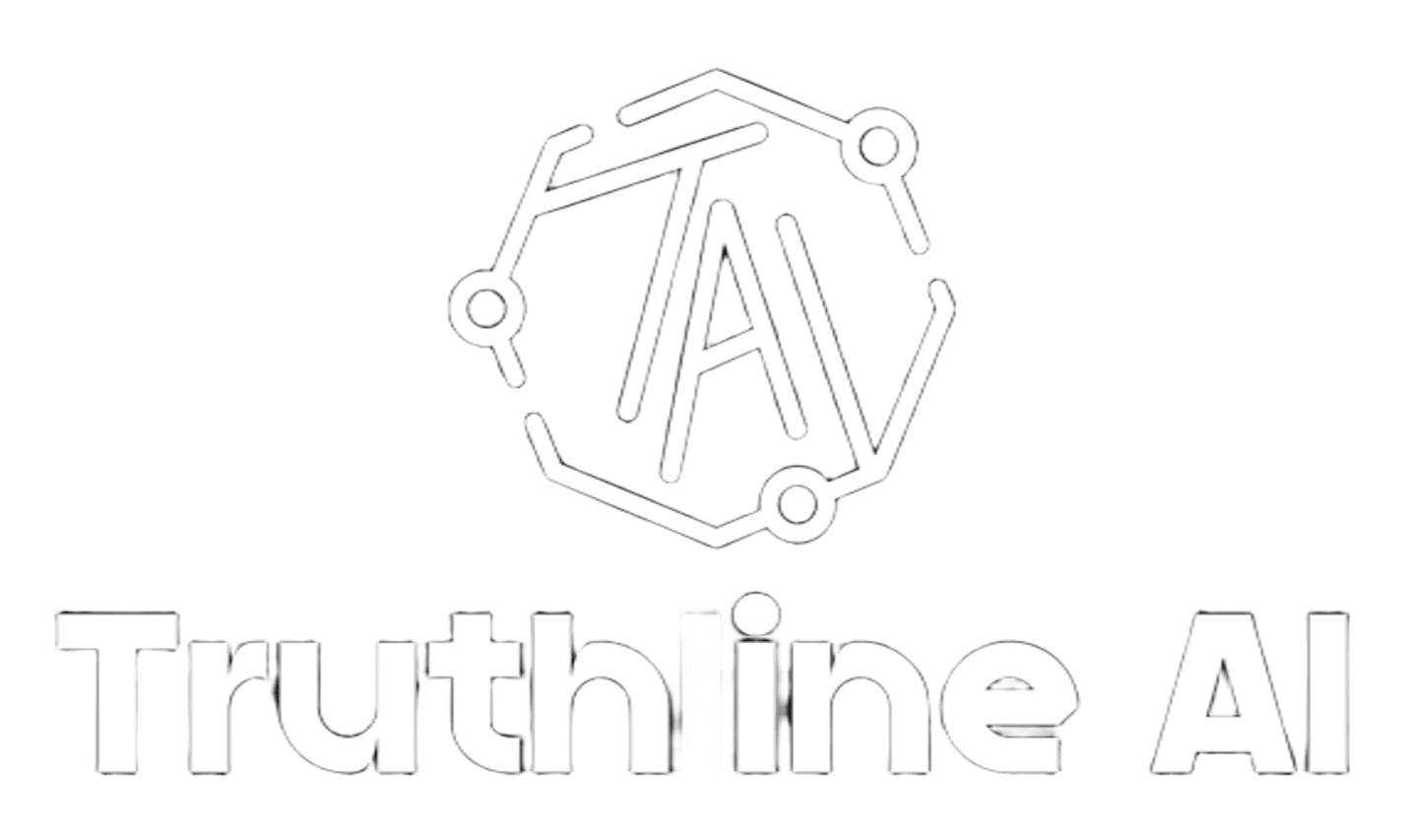Analysis of The Daily Nation Newspaper -July 29,2025
Tone
The tone across the pages is predominantly critical and investigative, exposing systemic failures in governance, law enforcement, and public finance. There is a strong undercurrent of urgency and condemnation, particularly in reports on police brutality, political abductions, and misuse of anti-terror laws. However, a more neutral and factual tone emerges in coverage of court rulings, sports, and humanitarian updates, balancing the newspaper’s hard-hitting exposés with straightforward reporting.
Track
The newspaper tracks recurring themes of corruption, abuse of power, and institutional dysfunction, particularly within Kenya’s police force, political leadership, and public procurement systems. It also follows regional issues, such as East African political repression and humanitarian crises in Gaza, suggesting a commitment to both local and international accountability journalism. Meanwhile, updates on labor rights, sports, and education provide a counterbalance, showing engagement with diverse societal concerns.
Framing
Stories are framed to highlight systemic injustices, often positioning victims (protesters, activists, wronged employees) against powerful entities (government, police, corrupt officials). The framing of police killings and financial mismanagement as part of entrenched institutional rot suggests an editorial stance favoring institutional reform. Conversely, sports and diplomatic developments are framed in a more neutral, event-driven manner, avoiding overt political critique.
Editorial Agenda
The editorial agenda prioritizes exposing wrongdoing, advocating for transparency, and holding authorities accountable, particularly in law enforcement, governance, and public spending. The repeated focus on cover-ups, abductions, and financial irregularities signals a push for systemic change and democratic safeguards. However, the inclusion of non-political stories (sports, education funding) indicates an effort to maintain broad reader appeal while sustaining pressure on power structures.
Conclusion
The newspaper serves as a watchdog, blending investigative rigor with advocacy for justice and reform, particularly in policing and governance.
